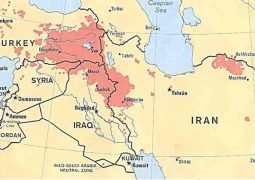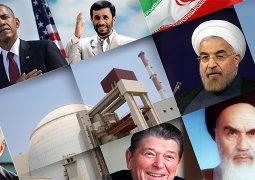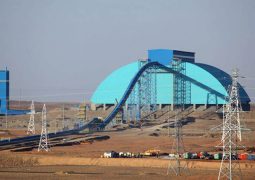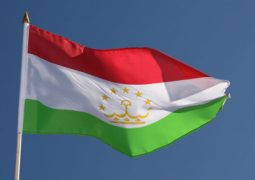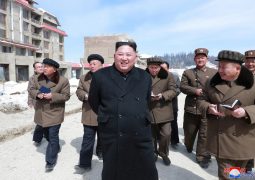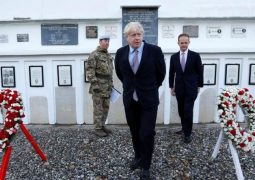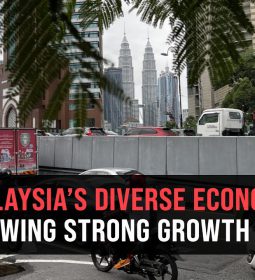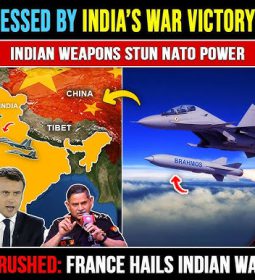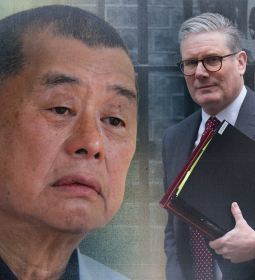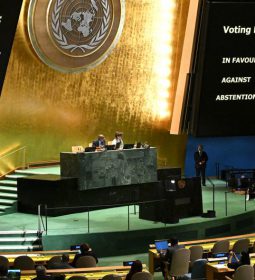Modi, Rahul or Owaisi? Indian Muslims consider their political options Alienation constitutes one element of the story of Muslims in contemporary India as they think about political choices in the past and options they have at present.
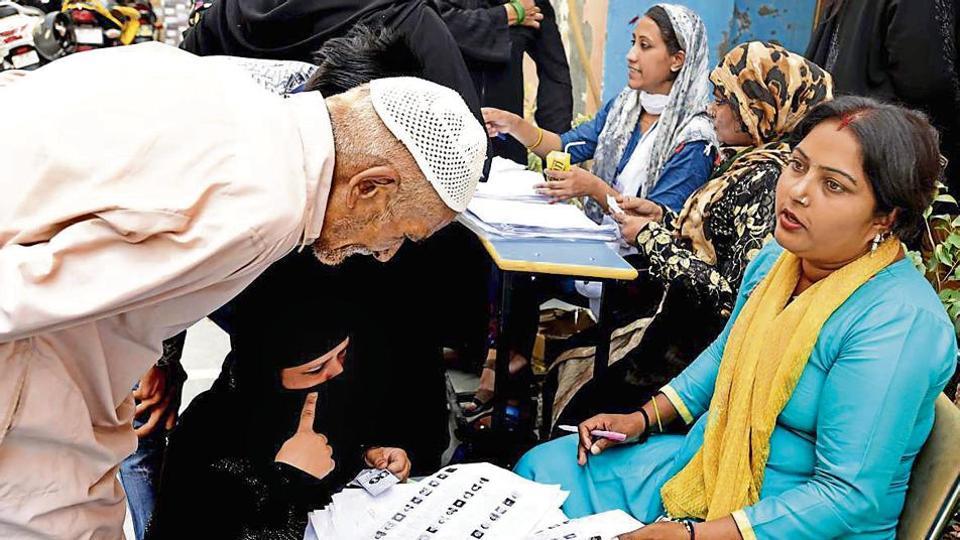
After a 20-minute lecture on the political marginalisation of Muslims in India, a prominent Muslim scholar at the Darul-uloom-Deoband changes track.
“We may be down. But we know one thing. Out future is in jamoooriyat, democracy. We have faith in India, in the Indian system, in the elections. No one can change the Indian constitution. And till then we are safe.”
Even as alienation constitutes one element of the story of Muslims in contemporary India, political introspection constitutes another. They are thinking hard about political choices they have made in the past, and the political choices they ought to make in the future. It is a moment of remarkable openness in the community. And all options are on the table.
Engage with BJP
Four years ago, Manzar Islam was teaching social science at the Azad Academy in Araria. During a conversation about BJP’s PM candidate Narendra Modi’s winning prospects in 2013, he had said, the irritation palpable in his voice, “Why are you asking a Muslim this? You think we can like him?” He added, confidently, that Modi would not win – for it was Hindus themselves who were opposing him, citing the late UR Ananthmurthy and Amartya Sen.
Islam is now retired and we met at his house, near his old school in Araria. His tone has palpably changed.
“What do we do now? Even backwards and Dalits are going towards Modi. He will win in 2019.” Islam also, in a matter-of-fact tone, speaks of the polarisation on the ground. “Even at the ward level, if there are Muslim candidates, the other side would rally together behind a Hindu candidate. This mindset has percolated down. We will have to accept that the majority will decide.”
Islam – a Nitish supporter himself – says the situation leaves the community with no choice but to now engage with Modi and BJP. “The community and BJP should talk to each other. See, Modi himself is fine. He has not discriminated. It is not even his followers who cause problems. It is people acting in his name. If he can punish them, if both sides should show flexibility, we can find a common point.”
This is a voice one increasingly hears from elders in the community, particularly those involved with running institutions.
In Bareilly, Maulana Shahabuddin Razvi is the director of the Islamic Research Centre and the general secretary of the All India Tanzeem Ulama-e-Islam.
He says that Muslims have to accept that the PM, and now the UP CM, are from the BJP. “There are problems. But I am in favour of talking to them; of telling them that we also want to be partners in sabka saath, sabka vikaas; we are also citizens; we also have rights. We should remind the PM of his statement that he wants to see Muslims with Quran in one hand, and laptops in another and ask him to implement it. We want to bridge the distance.” He adds that Yogi Adityanath too, after taking over as CM, has changed his language and not said anything insensitive.
It was catering to these impulses within Muslim society itself that a delegation of the Jamiat-Ulama-I-Hind met the PM. It raised issues of the ‘gulf’ between the government and Muslim community, but the meeting also marked the beginning of some sort of critical engagement.
‘It is a cycle’
This approach however does not have many takers, particularly among the younger Muslims. This school believes that the community must wait for the ‘secular parties’ to get its act together and this is only a passing phase.
A group of young Muslims in Deoband laugh off those who want to give the BJP a chance. “In that party, the route to success is abusing Muslims. Look at Yogi – what was his politics except his hatred for us? And yet there are Muslims who cannot see this,” says Shah Alam, sitting in a cloth shop.
A maulana at the Darul-Uloom-Deoband pointed to the futility of this approach. “We need to remember BJP does not want Muslims because that is how they unite everyone else.”
Instead, he argues that Muslims should get out of this sense of defeatism and remember that despite the aura of electoral invincibility, BJP had only been winning 30-40 percent of the vote. “This means that a majority is against them. Secular parties need to strategise better, get united, and consolidate this vote. I refuse to believe all Hindus are communal and hate us. Then BJP would have won a majority of votes, and elections for sixty years. Even now it is a battle between secular and communal Hindus.”
The fact that BJP could wait so long to emerge on the national stage in fact had a lesson for Muslims, he added – of patience and resilience. “We can wait for a few elections if they can wait this long.”
At the other end of the North Indian plains, in Kishanganj, a college lecturer – who did not want to be named – agreed and said there was no point talking to BJP. “Rahul is a failure and so we have all failed and lost. What these secular parties should do is forget about us Muslims. Get the majority vote. Instead, if Modi goes to one temple, they should go to ten temples. If Modi puts tika, they should paste their entire forehead with tika. Go and win back the Hindu vote. We are waiting.”
The alternative path
But not everyone wants to wait.
Mohammed Tanweer Alam, a student from Gorakhpur, believes that the marginalisation of Muslims is due to the failure of secular parties. “Our problem is a problem of leadership. And this can be resolved through our own party, someone like Owaisi.” His focus is on elevating the economic standards of Muslims, argues Alam. “Owaisi is saying we don’t want Haj subsidy. We want education. That is what Muslims need.”
Not everyone is convinced.
In a college hostel in Patna, Tariq Anwar – who belongs to the CPI (ML) student outfit, AISA – warns Muslims against precisely this path. “In difficult times, people take wrong decisions. And Muslims will end up doing that if they go with Owaisi. It will then become a minority versus majority election; we will be falling into a trap. We won’t have the numbers and the majority will consolidate.”
Indian Muslims remained wedded to Indian democracy. Within this, from engaging with BJP to sticking to ‘secular parties’ to setting up their own party, they populate various political positions. But what is clear is they find themselves at a crossroads – seeking to restore their political relevance.
A special series by Hindustan Times takes a deep look at the churn within the Muslim community. How deep is the alienation? Are they looking for political alternatives? What questions are Muslim women asking? Are they warming up to the BJP? Find all the answers to the critical questions.
- Previous Top US lawmaker criticises China’s ‘negative and silly Tibet obsession’ Elliot Engel’s remarks against China are significant given Beijing’s insecurities about the Dalai Lama.
- Next ‘Isn’t this our country?’ Why Indian Muslims feel shaken and ‘harassed’







